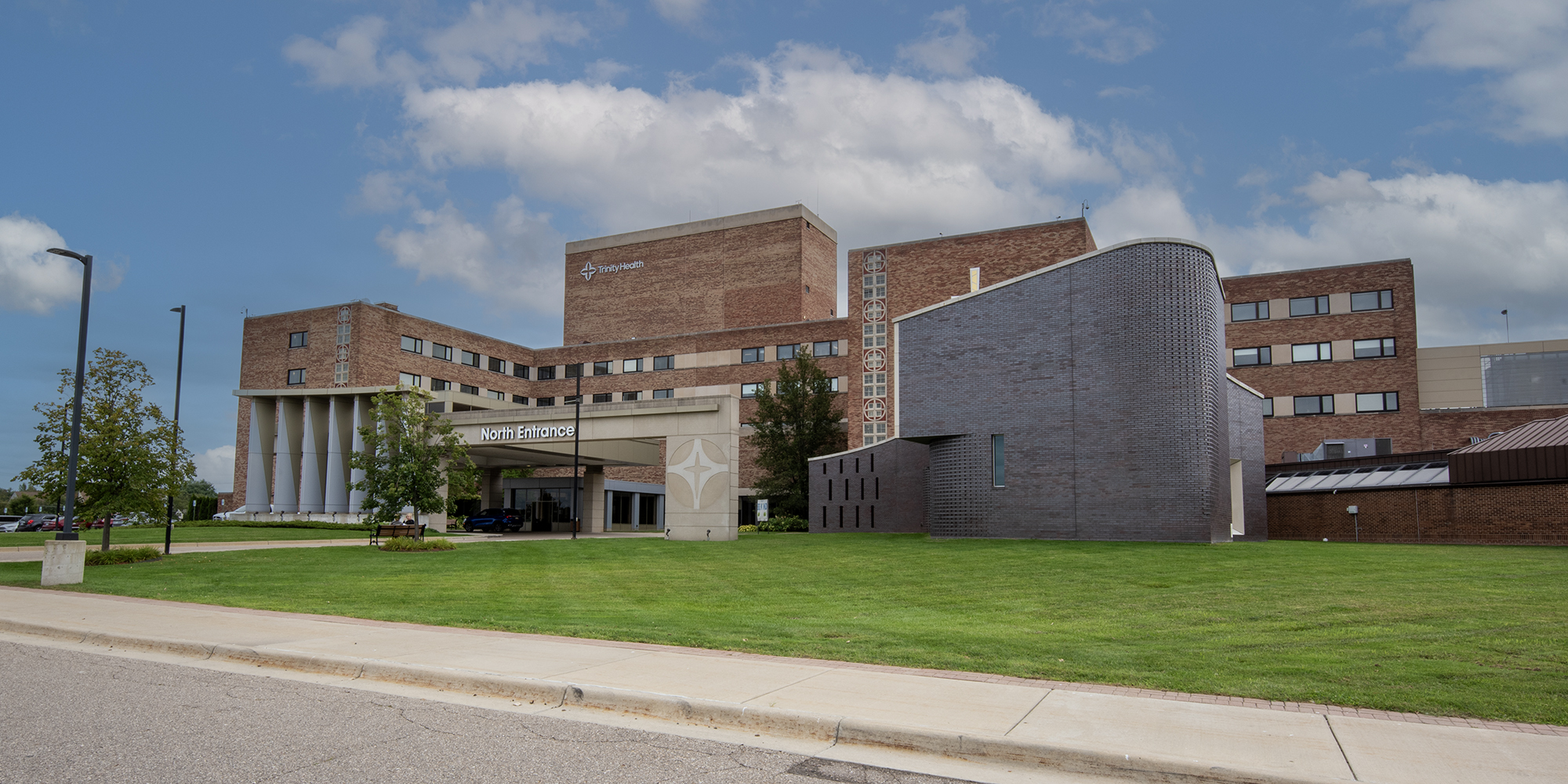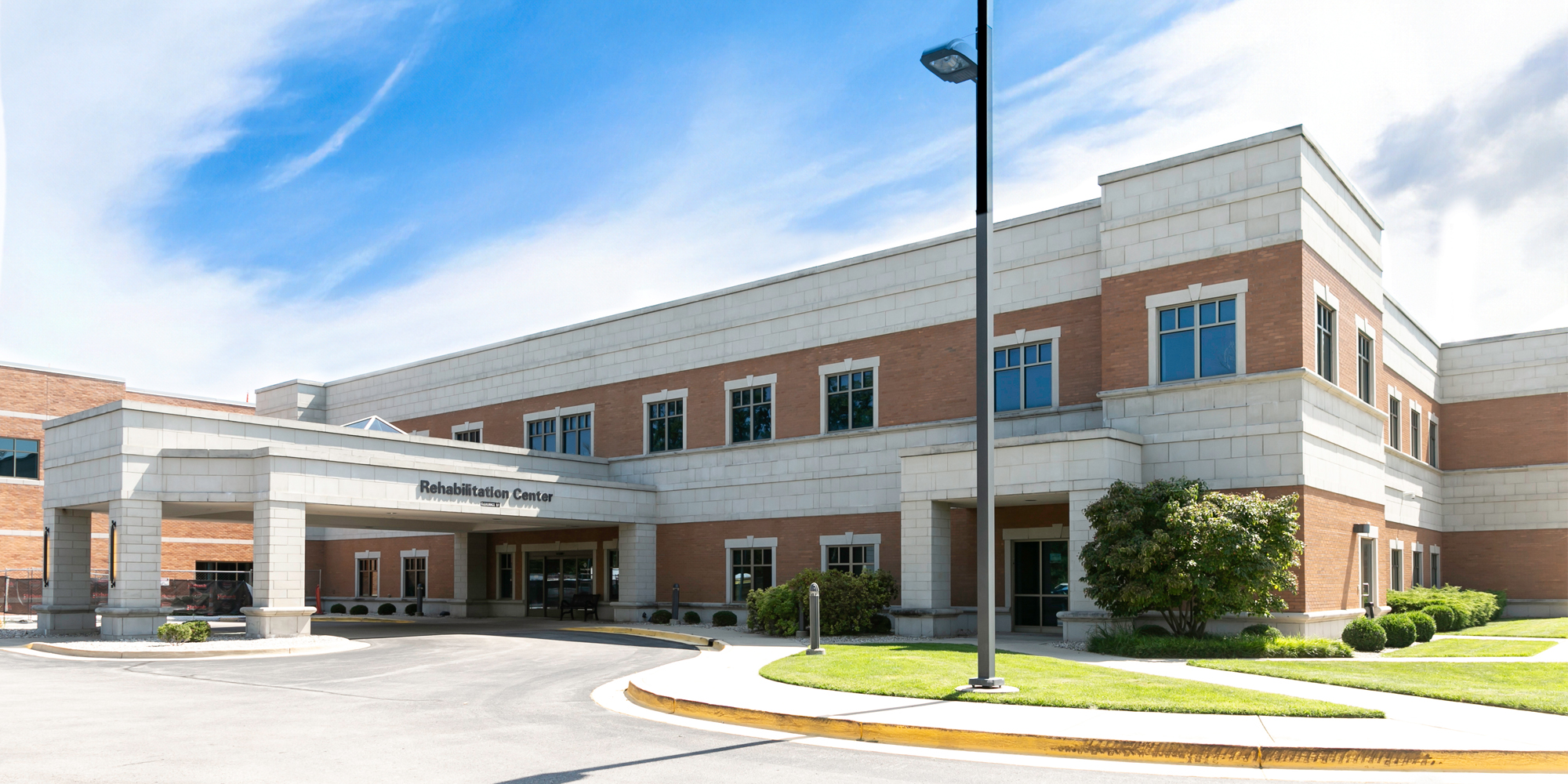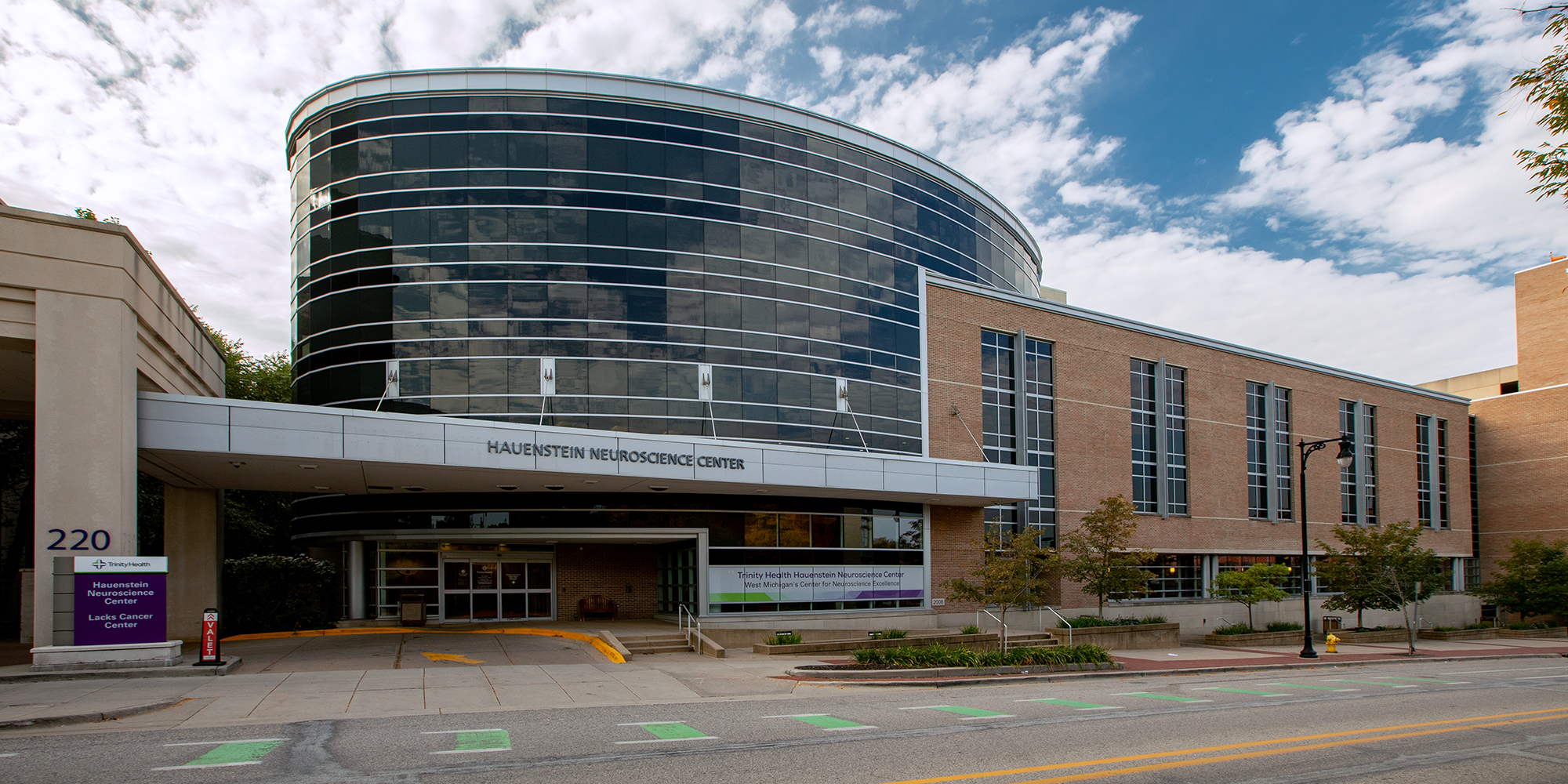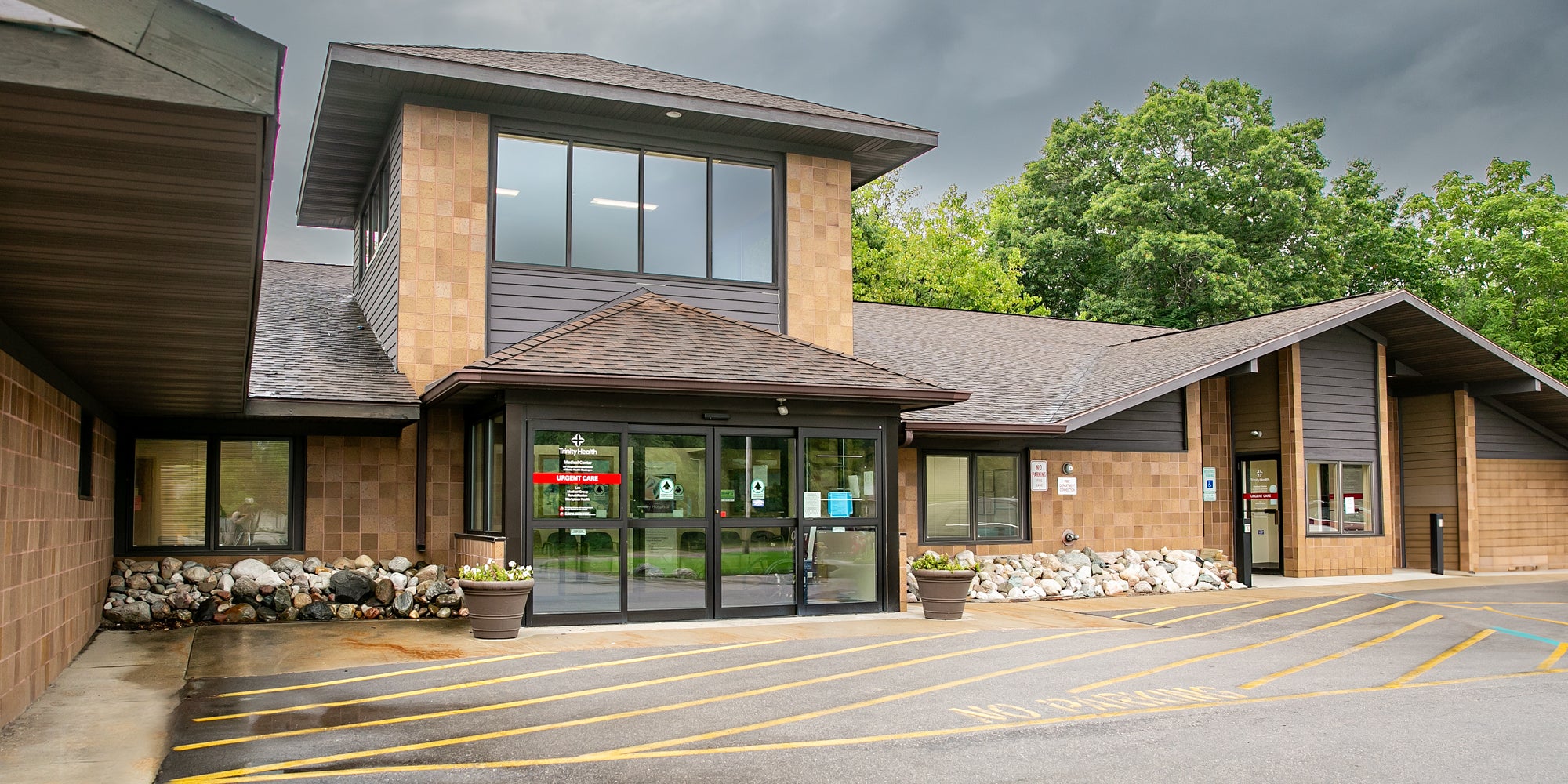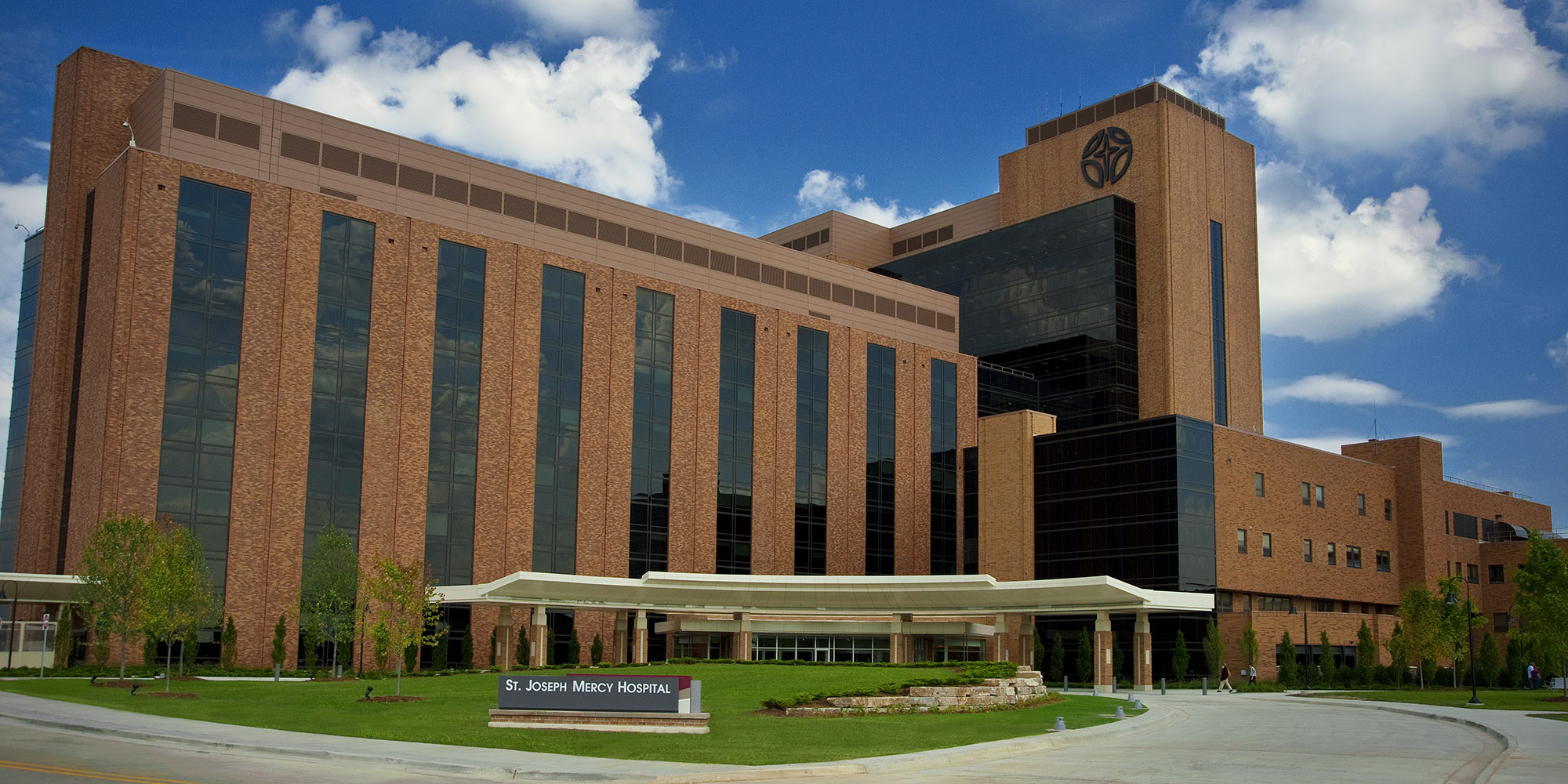Speech Therapy
Speech therapy from Trinity Health Michigan can help you overcome speaking, communication and swallowing problems. Licensed speech pathologists use the latest techniques to diagnose common and complex conditions. Our personalized approach and careful attention to detail help you make steady progress toward treatment goals.
Speech Therapy at Trinity Health Michigan: Why Choose Us?
Speech pathologists help people with speech disorders due to neurologic conditions such as Alzheimer’s, dementia and stroke, as well as brain injuries and tumors. We have been caring for our community for decades, so you can count on us to be there for you. Our services are available in hospitals, rehab facilities and clinics throughout the region.
Speech therapy is often part of ongoing care for life-limiting conditions. Treatment may also include physical therapy (PT), occupational therapy (OT) and medical treatments. Specialists work together to coordinate services so that you receive seamless care. Our speech therapists work with your doctor to adjust treatment plans to your preferences and changing needs.

Get started today.
A physician referral is necessary for speech therapy.
Don't have a physician? Find a Trinity Health provider today.
Find a DoctorOur Locations
View All Locations >
Is Speech Therapy Right for Me?
Speech therapy is for people experiencing difficulties such as:
- Dysarthria, slow or slurred speech due to weak mouth muscles
- Dysphagia, swallowing problems
- Expressive disorders, difficulty conveying or expressing information
- Flow, speed and rhythm of speech
- Injury affecting the area of the brain controlling the ability to think
- Sounding out words (articulation)
- Understanding what others say
Our Speech Therapy Services
Services for difficulty speaking, communication issues and swallowing problems include:
Cognitive and Memory Retraining
Cognitive and memory retraining improves a person’s ability to use information to interact with people and their environment. It uses a variety of techniques to help you regain skills related to:
- Attention and concentration
- Decision making
- Memory
- Organization
- Problem-solving
- Reasoning
- Understanding
Language Therapy
Language therapy helps you overcome challenges affecting the ability to express your thoughts and needs. You may benefit from language therapy if you are experiencing issues with word recall, comprehension, reading and writing. Treatments may involve exercises with pictures or objects to help you learn new words or master complex language concepts.
Lee Silverman Voice Treatment (LSVT)
Parkinson’s disease and other neurological conditions can cause difficulty speaking. Your voice may be too soft, or you may not be able to speak clearly. Our LSVT-certified speech therapists deliver gold-standard treatment that optimizes your voice. LSVT LOUD® improves vocal loudness by stimulating the muscles that support speech through specific exercises.
Treatment also incorporates sensory awareness training, education about having a louder voice within normal limits and helping you adjust to a new, louder voice. For example, you may feel like you’re shouting, when you’re actually speaking at a volume that helps others hear you better. Addressing this sensory mismatch helps you feel more comfortable using a louder voice.
Oropharyngeal pH probe
This test, also known as pharyngeal pH monitoring, evaluates the effects of gastroesophageal reflux disease (GERD) on throat tissue. Damage from GERD can sometimes cause swallowing, breathing or voice issues.
We pass a thin tube with a pH probe at the tip down your throat to check for stomach acid. Higher-than-expected levels typically mean there’s tissue damage.
Swallow Therapy
We use a variety of therapies to improve swallowing abilities and lower the risk of choking. We may teach you techniques that help you swallow more efficiently. These include pursing your lips or pushing your lower jaw forward when swallowing. We may also recommend making foods easier to swallow by adding fluid or using a blender to create a smoother consistency.
Video Fluoroscopic Swallow Studies
This test uses continuous X-ray and video to help us assess swallowing in real time. Video fluoroscopic swallow studies are part of advanced assessments to pinpoint the precise location of swallowing issues. We may focus on your swallowing reflex, which is how swallowed substances move through your throat or other aspects of this process.
Voice Therapy
We use vocal cord exercises to strengthen your voice if medical or neurological conditions have weakened it. Therapy also involves techniques that reduce unnecessary vocal cord strain to protect them against injury. Care may include breathing techniques, neck and upper body stretches and humming to stimulate healthy vocal cord vibrations.





